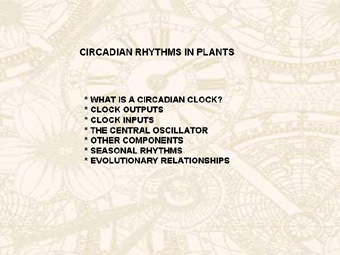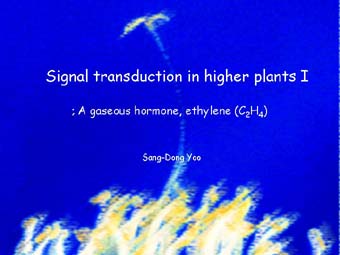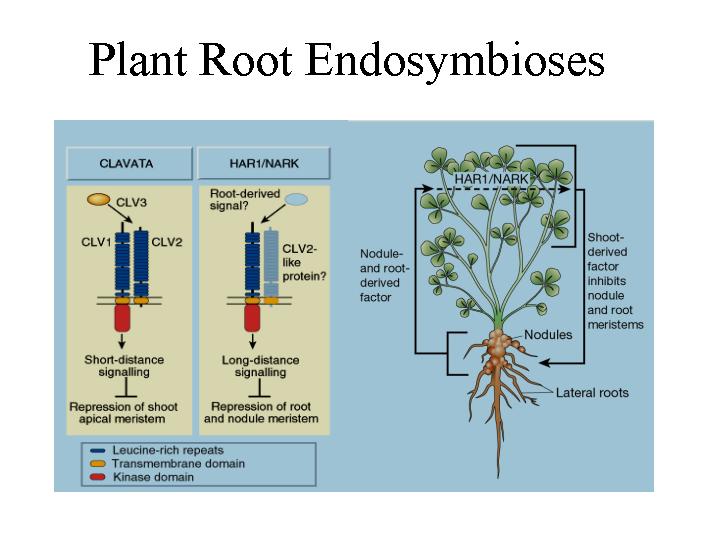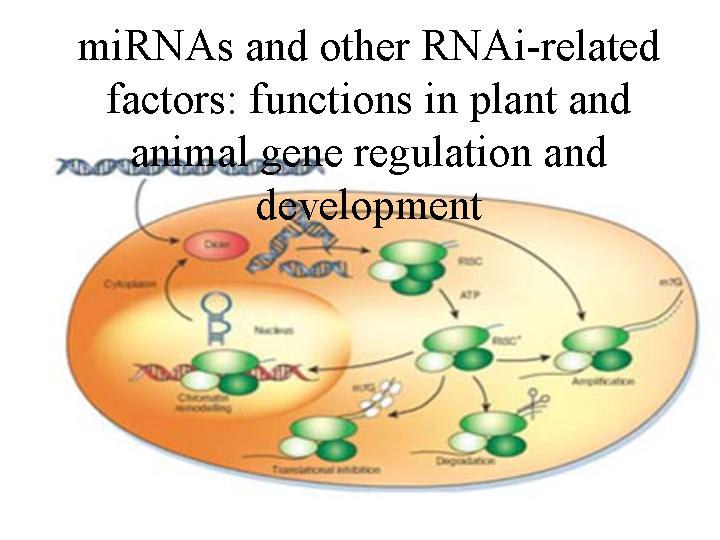| Genetics 300: Molecular Mechanisms of Plant Signal Transduction |
||||||||||
| Plant growth and development are highly plastic and adaptive, as well as remarkably resilient and perpetual, primarily due to their ability to sense and respond to a wide range of environmental stimuli (such as light, nutrient, temperature, water, gravity, touch, wounding and pathogens) and a broad spectrum of chemicals and peptides as plant hormones. The development of model plant systems and new cellular, genomic and computational tools has facilitated the dissection of plant signal transduction pathways. This course will provide a general introduction to several plant model systems (Arabidopsis, maize, rice, Medicago truncatula, Chlamydomonas, and cyanobacteria) and new cellular and genomic tools for probing the molecular mechanisms underlying plant signal transduction pathways. Each student will choose one specific topic and make a presentation on the background and recent discoveries during the course. All students will participate in the discussion of 2-3 recent papers each session. The course is open to all members of the research community (graduate students, undergraduates, post-docs, etc.) with or without Harvard affiliation. Topic Suggestions: 1. Systems and tools for studying plant signal transduction: genetic, genomic, cellular, molecular and biochemical approaches 2. Plant hormone sensing and signaling 3. Nutrient sensing and signaling 4. Light sensing and signaling 5. Stress sensing and signaling 6. Plant-microorganism interactions: defense & symbiosis 7. Plant stem cell signaling: embryogenesis and organogenesis Quarter Course Spring Term (First Session) Meeting Dates: January 29, 2003; February 5, 12, 19, 26; March 5, 19 Meeting Time: 2:30 - 4:30 pm, Wednesday Location: Wellman 1100, Massachusetts General Hospital Jen Sheen (Medical School) 3892 Note: Please send e-mail to Jen Sheen for registration before the first meeting on January 29, 2003. PowerPoint Presentations
|




